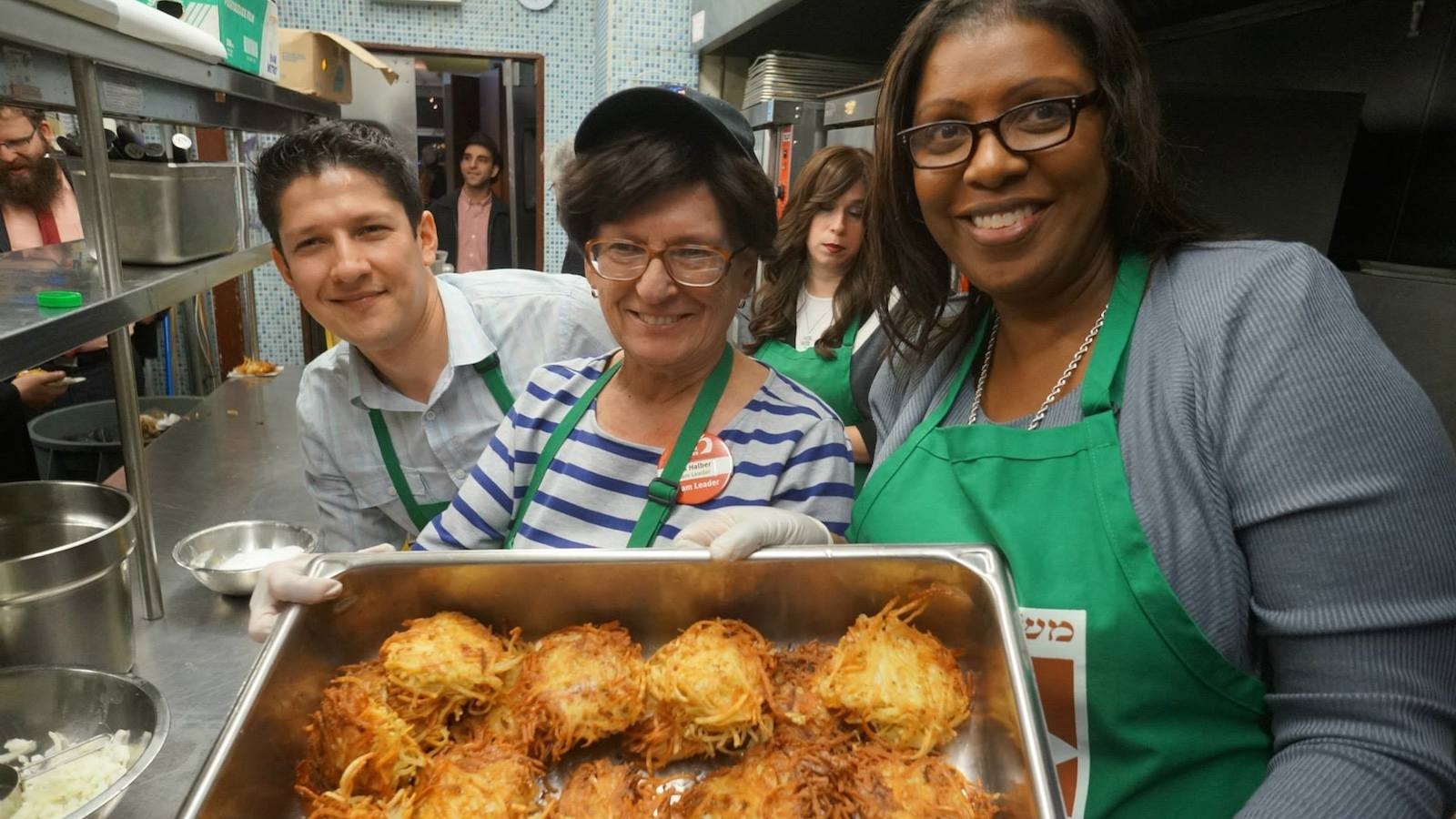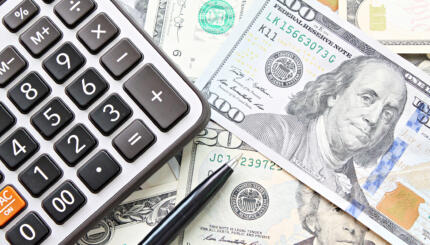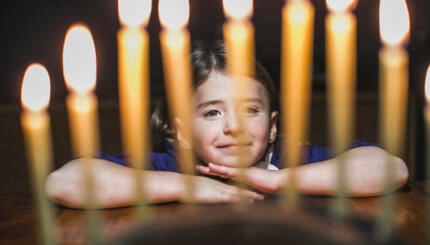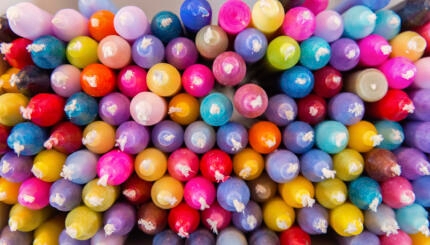Almost every year, Hanukkah falls very near to Christmas, which always leads to feel-good articles and sermons about the similarities in spirit between Judaism and Christianity. Interfaith families, especially those with children, will celebrate both as a way of bringing their families together. And the marketing, sales, and merchandising will further solidify the linking of these two holidays in the American popular consciousness.
The American Jewish community, a mere 2.7 percent of the U.S. population, has watched with amusement as our minor festival has increasingly been elevated to near-equal status as Christmas. We have seen this trend as a validation of not only our buying power, but of our political and social standing in society. As generation after generation of American Jews watched America convince itself of our growing social importance, however, we failed to understand the dangers inherent in our tacit approval of the Christmasification of Hanukkah.
For the sake of both Judaism and Christianity, American Jews must draw a line in the spiritual snow. The danger to both Judaism and Christianity comes from the rabid materialism of the United States, where the commercialization of our winter holidays has transformed and bastardized both.
Unlike many religious Christians who have thrown their hands up and accepted that the growing commercialization is inevitable, Jews know that a small group of zealots with a worthy mission can miraculously overcome great odds. This is, after all, what the Hanukkah story is about.
Now Disney has launched Mickey Mouse dreidels and Winnie the Pooh Hanukkah menorahs. My first reaction is to roll my eyes and point to this as evidence that American Judaism is going down the tubes. But upon further reflection, there may be a brighter side to all the public recognition that Hanukkah is receiving. If we can embrace the image of Mickey spinning the dreidel without spending hundreds of dollars on Disney gifts, perhaps we can truly balance the normalization of public Judaism with our own meaningful values.
7 Ways to Make Hanukkah More Meaningful and Less Materialistic
1. Double Chai
By capping our own spending at $36 per person we can acknowledge the gift-giving season without going too commercial. It will also model for your children restraint and financial planning. Why 36? Because it is double 18, which in the Jewish tradition of assigning numerical values to letters equals chai, meaning “life.” Multiples of $18 are therefore common amounts for Jews to give as gifts.
2. Love, Love, Love
What our children really want, especially if they are young, is more fun family time. We need to weaken the societal linkage between love and big presents. Since we love our families, try to come home early every night of Hanukkah for candle lighting, cooking, stories, and games.
3. Tzedakah (charity)
Bring your children to a toy store, and give them a budget to buy two toys for a children’s shelter. Also give your children money for tzedakah and help them pick appropriate causes. By helping the less fortunate, children better understand the many blessings in their lives.
4. Enjoy the Lights
Our daughters love the galaxies of colorful lights that appear in the evening. Appreciate beauty wherever you see it, whether in a pine tree or in a snow-covered field. Just because the lights are not Jewish lights does not mean they pose a spiritual threat.
5. Blackout
During the month of December, we limit more than usual the amount of television we allow our children to watch because of the endless Christmas commercials, references, and shows. December is the month when we introduce more Jewish videos (check out the Alef, Bet…Blastoff! series) and audio tapes and keep the TV and radio off.
6. Food
Yes, latkes and many creative recipes are available. But the Maccabees did not eat latkes; they only celebrated the miracle of the oil burning eight days. The wok could be a new symbol of Hanukkah and Jews should innovate far more with cooking with oil.
7. Celebrate Judaism All Year Round
Most importantly, celebrating Hanukkah should not be done in a spiritual vacuum. When I ask Aliza, my eldest daughter, if she would like to celebrate Christmas, she answers very proudly, “No.” And then she sometimes gives me a lecture about those poor Christians who only have one or two big holidays while Jews are blessed to have so many holidays and Shabbat!
The new American Jewish miracle during our festival of lights is that we can observe and appreciate other lights without being a nervous minority or feeling spiritually inadequate. And we can be a light to others by reversing the commercialization that has also corrupted the birthday of a Jewish boy who radically preached the need to return to spirituality.
Reprinted with permission from Jewish Family & Life! Media.
Explore Hanukkah’s history, global traditions, food and more with My Jewish Learning’s “All About Hanukkah” email series. Sign up to take a journey through Hanukkah and go deeper into the Festival of Lights.
dreidel
Pronounced: DRAY-dul, Origin: Yiddish, a spinning top, with four sides, each marked with a different Hebrew letter (nun, gimel, hay and shin), it is played with on Hanukkah.
Hanukkah
Pronounced: KHAH-nuh-kah, also ha-new-KAH, an eight-day festival commemorating the Maccabees’ victory over the Greeks and subsequent rededication of the temple. Falls in the Hebrew month of Kislev, which usually corresponds with December.
menorah
Pronounced: muh-NOHR-uh, Origin: Hebrew, a lamp or candelabra, often used to refer to the Hanukkah menorah, or Hanukkiah.



